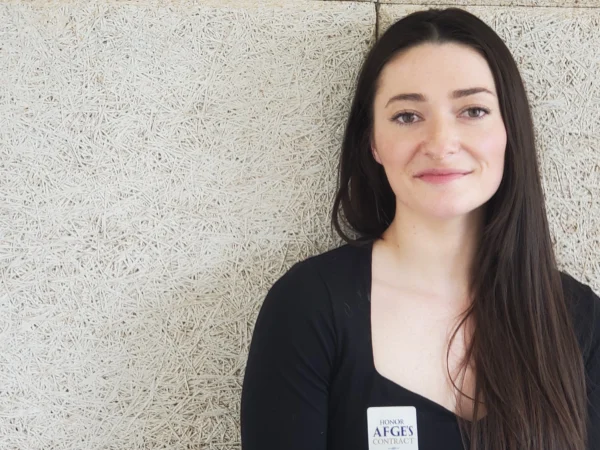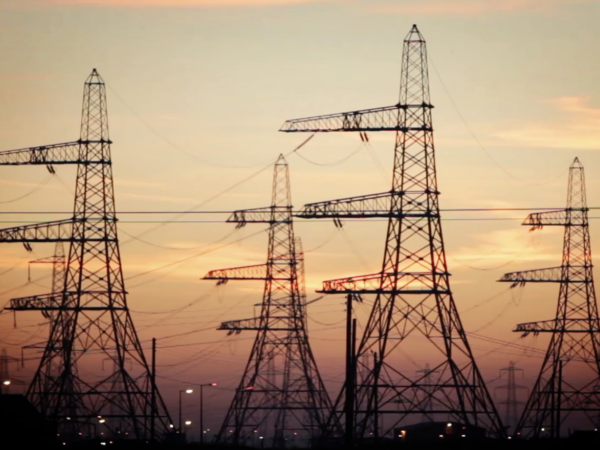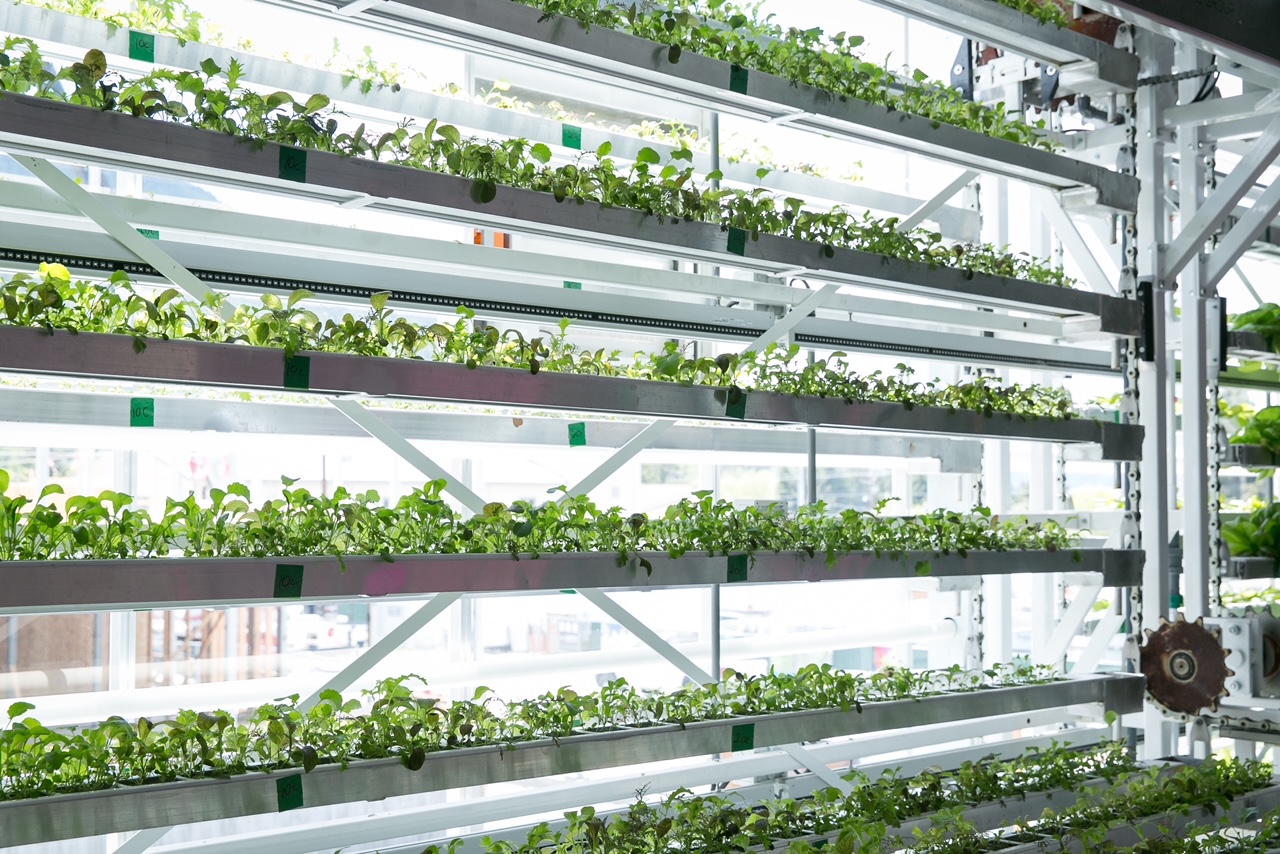
Urban areas around the Midwest struggle with food deserts and dense populations, a problem exacerbated by climate change impacts and the conversion of farmlands to residential developments. However, a potential solution can be found in hydroponics facilities being established in cities around the Great Lakes region like Detroit, Cleveland, Toronto and Chicago.
The most recent hydroponics enterprise is slated for the former company town of Pullman, located on Chicago’s Far South Side, which is undergoing a continuing process of transitioning from heavy industry to sustainable development with a focus on improving the overall quality of life for its residents.
In recent years, companies like Method, Amazon and Culver’s have created hundreds of jobs in Pullman. The Artspace Lofts development added affordable housing and a cultural outlet for artists and community residents alike. The Pullman National Monument Visitor Center, located in the former Pullman factory clock tower building, celebrated its grand opening in September 2021.
The latest in Pullman’s ongoing transition is Vertical Harvest, a Wyoming-based company building a $40 million, 63,000 square-foot hydroponic greenhouse facility that will be capable of growing more than 560,000 pounds of produce annually. The facility, known as Vertical Greenhouse, will be constructed adjacent to Pullman Wheelworks, a 210-unit affordable housing complex developed in 1980 by Mercy Housing on the grounds of a former manufacturing facility.
“That’s going to help bridge the gap for the food desert that has plagued my community for so very long, bring more jobs and opportunity,” said Alderman Anthony Beale, who represents Chicago’s 9th Ward, which includes the communities of Pullman and Roseland. “And to put it right next to subsidized housing where we can employ people right next door, I think is going to really have an added benefit to what we are trying to do in the community.”
Watch Great Lakes Now’s segment on the changes in the Pullman neighborhood here:
Mercy Housing and Community Neighborhood Initiatives are collaborating in developing Vertical Greenhouse in Pullman, with construction estimated to be complete in 2023. The project is being funded in part by a $1 million grant from “We Rise Together,” a project of the Chicago Community Trust and other organizations designed to provide a jump start to developments in under-resourced communities. Other funding for the project includes New Markets Tax Credits, financing, capital contributions and additional grants.
“CNI is excited to be part of the team that will work to help a community experiencing [Text Wrapping Break]high-levels food insecurity gain access to affordable and nutritious food,” said David Doig, President of CNI, in a press release. “Addressing housing, employment, economic opportunities, and access to nutritious food have always been the key elements essential behind CNI’s mission to create strong, sustainable communities.”
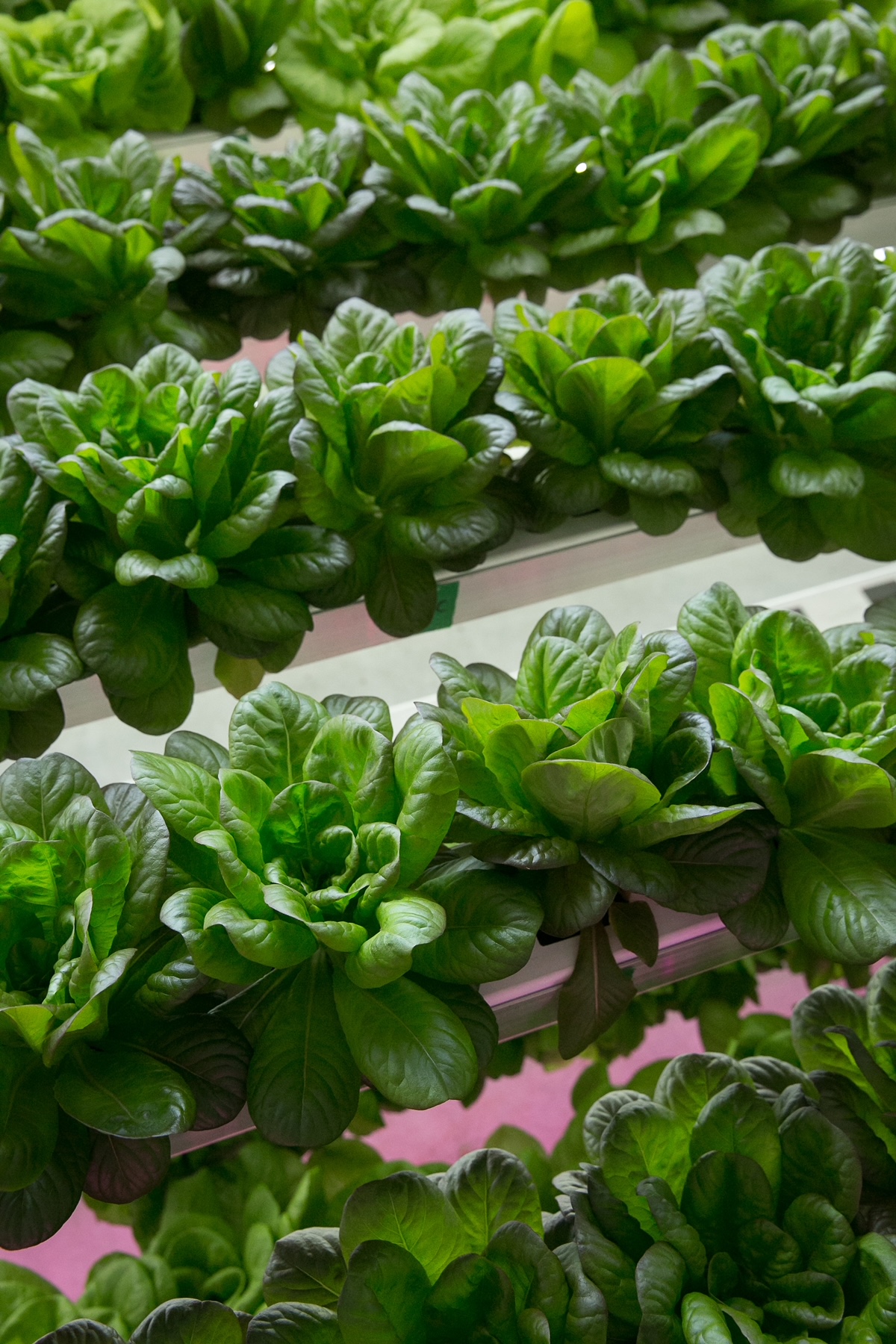
Vertical Harvest lettuce (Photo Credit: Vertical Harvest)
Along with the hydroponic greenhouse, the development will include an on-site market, a commercial kitchen and a food depository. Nutrition and cooking classes will be offered for members of the community, and the facility will be open for public tours. Vertical Greenhouse will employ approximately 50 to 60 workers in full-time living wage jobs. Many of the workers hired will be residents of Pullman Wheelworks and the surrounding Pullman and Roseland communities, according to Beale.
“You can’t legally bind somebody with an agreement that they have to hire A, B, C and D. But we can really just encourage (new companies) to hire locally from the community and get people in the community first in line to get the jobs,” Beale said. “And we’ve done this historically, putting people in the Ninth Ward in line first… We’re going to provide jobs to people who need them the most, and they will be within skipping distance of their residence.”
Vertical Greenhouse will join two aquaponics-based produce facilities operated by Gotham Greens, along with a Whole Foods Midwest Distribution Center. This complex of food producers is a welcome addition to a community that had previously been a food desert, Beale said.
“I know that there is a huge need for fresh produce in the area. And you know, I think that they’re (Vertical Harvest and Gotham Greens) going to complement one another. I think there’s enough (of a market) in the region to support them. I’m just really excited that we’re going to have one complement the other,” Beale said.
The greenhouse is still in the design phase. However, an existing Vertical Harvest greenhouse in Jackson, Wyoming, will serve as proof-of-concept for the greenhouse in Chicago, according to a report from Fannie Mae, which awarded Vertical Harvest with the contract for the Wyoming facility. The design will likely incorporate a similar nearly total glass façade, in order to maximize available sunlight for the vegetation growing inside, Beale said.
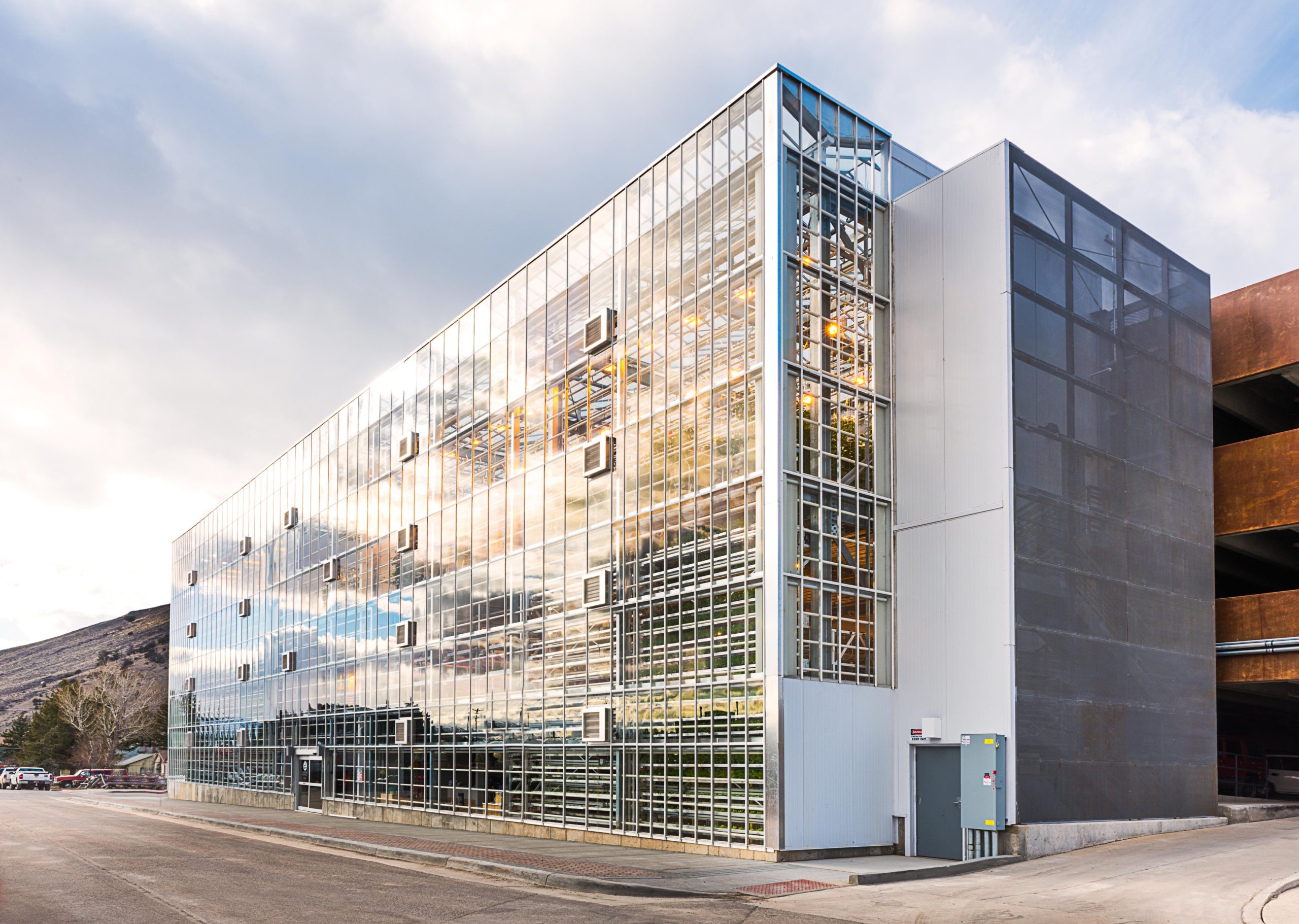
Vertical Harvest greenhouse in Jackson, Wyoming (Photo Credit: Vertical Harvest)
Since 2010, Pullman’s residents, community leaders, municipal representatives and other stakeholders have been engaged in executing a comprehensive collaboration with companies like Method, Gotham Greens and now Vertical Harvest to provide enhanced cultural amenities, affordable housing and job opportunities in Pullman.
“So, it just goes to show that if you just plant the seed, these things, these flowers are blossoming and they’re growing and they’re constantly expanding. And they’re dropping seedlets for other projects. And so, we’re really excited about this project. We’re really excited about what these greenhouses are doing and the fact that they give back so much of their produce to the community,” Beale said.
Catch more news on Great Lakes Now:
Green Infrastructure: Cities around the Great Lakes plan for a changing future
Featured image: Vertical Harvest produce (Photo Credit: Vertical Harvest)


